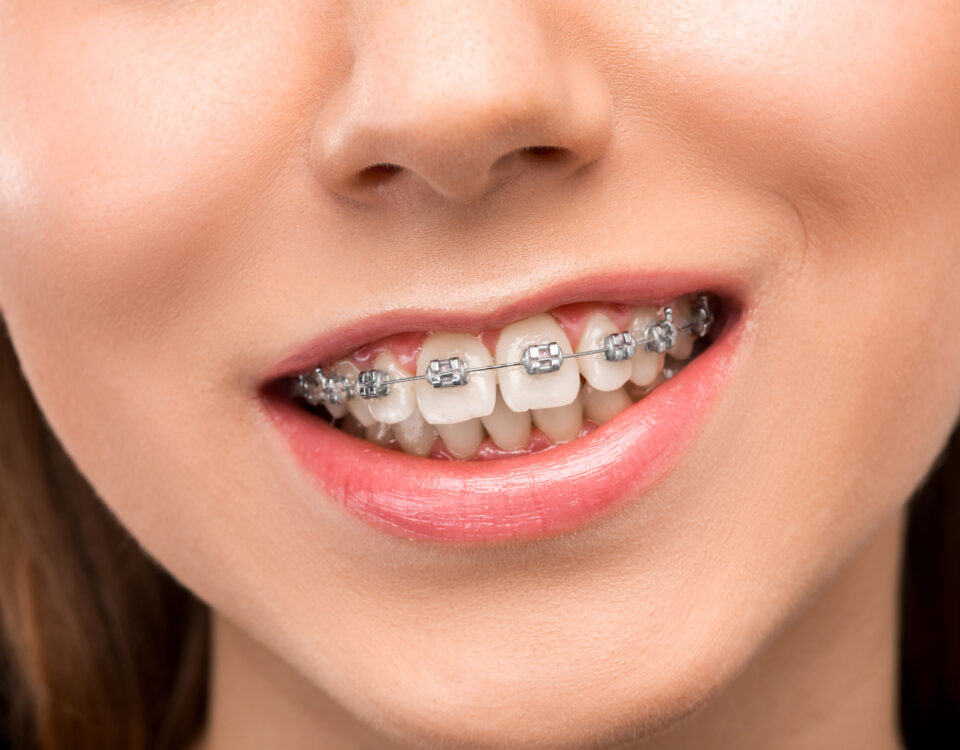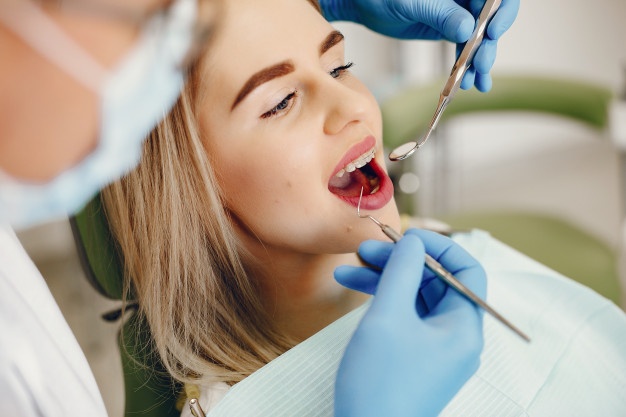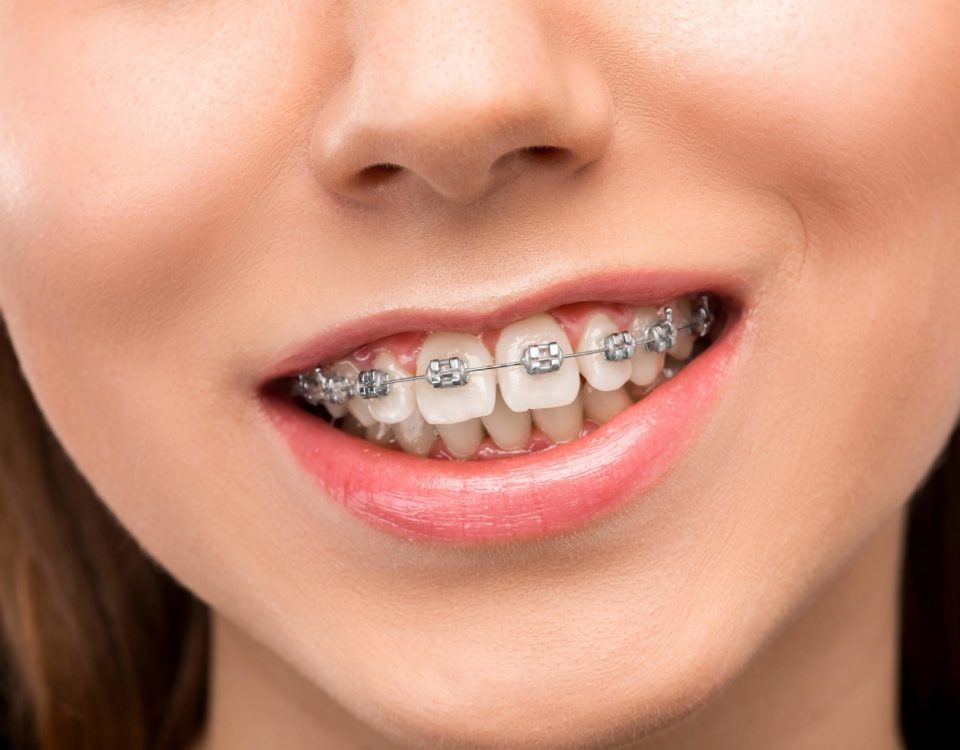Non-sedation Options and How They Help You Have a Pain-Free Dental Visit.

Sedation Options for Children – Information For Parents
December 31, 2018
What You Really Can Do to Help Your Child at the Dentist
January 8, 2019When faced with going to the dentist, some people experience nervous feelings, maybe some anxiousness, and some are downright fearful. But there is good news. Dentist, contrary to what you may think, are not out to cause you pain. In fact, quite the opposite.
Providing you with high-quality, appropriate care and making your dental visit as comfortable as possible are top priorities for the more than 155,000 dentist members of the American Dental Association (ADA).
Advances in dental techniques and medications can greatly reduce—even eliminate—discomfort during dental treatment. Your dentist and the ADA want you to know what your choices are. The following explains options available to help alleviate anxiety or pain that may be associated with dental care.
Analgesics may be all you need
Non-narcotic analgesics are the most commonly used drugs for relief of toothache or pain following dental treatment. This category includes aspirin, acetaminophen and non-steroidal anti-inflammatory drugs such as Ibuprofen.
There are also analgesics containing narcotics, such as those containing codeine. These are used for more severe discomfort by acting on the central nervous system to relieve pain.
Perhaps a local anesthesia is all it will take
Topical anesthetics are applied to mouth tissues with a swab to prevent pain on the surface. Topical anesthetics also may be used to soothe painful mouth sores.
Your dentist may use a topical anesthetic to numb an area in preparation for administering an injectable local anesthetic. Injectable local anesthetics numb the tissue and prevent pain in a specific area of your mouth during treatment by blocking the nerves that sense or transmit pain.
Injectable anesthetics may be used in such procedures as filling cavities, preparing teeth for crowns or treating periodontal (gum) disease.
When sedation and general anesthesia might be the answer
Anti-anxiety agents, such as nitrous oxide, or sedatives may help you relax during dental visits and often may be used along with local anesthetics. Dentists also can use these agents to induce “minimal or moderate sedation.” You’ll achieve a relaxed state during treatment but can respond to speech or touch. Sedatives can be administered before, during or after dental procedures by mouth, inhalation or injection. Obviously, this option is for a situation where you need more extensive work and both pain and anxiety are a consideration.
The ADA provides guidelines to help dentists administer pain controllers in the safest manner possible. Dentists use the pain and anxiety control techniques mentioned above to treat tens of millions of patients safely every year.
Even so, taking any medication involves a certain amount of risk. That’s why the ADA urges you to take an active role in your oral health care. This includes knowing your health status and telling your dentist about any illnesses or health conditions, whether you are taking any medications (prescription or non-prescription), and whether you’ve ever had any problems such as allergic reactions to any medications. It also includes understanding the risks and benefits involved in dental treatment, so that you and your dentist can make the best decisions about the treatment that is right for you. Understanding the range of choices that are available to relieve anxiety and discomfort makes you a well-informed dental consumer.
If you have questions or concerns about your oral health care, don’t hesitate to talk one of us at West Olds Dental Clinic. Working together, we can choose the appropriate steps to make your dental visit as safe and comfortable as possible, and to help you keep a healthy smile.
We’re pleased to offer a FREE report that provides addition important dental information. Why not get your copy now? The Parent’s Guide to Children’s Oral Health is just a click away. And it’s absolutely FREE.
Also, for added information, make an appointment, or have a question answered, you’re more than welcome to call us at West Olds Dental at (587) 855-4747 or click here to visit our website.




